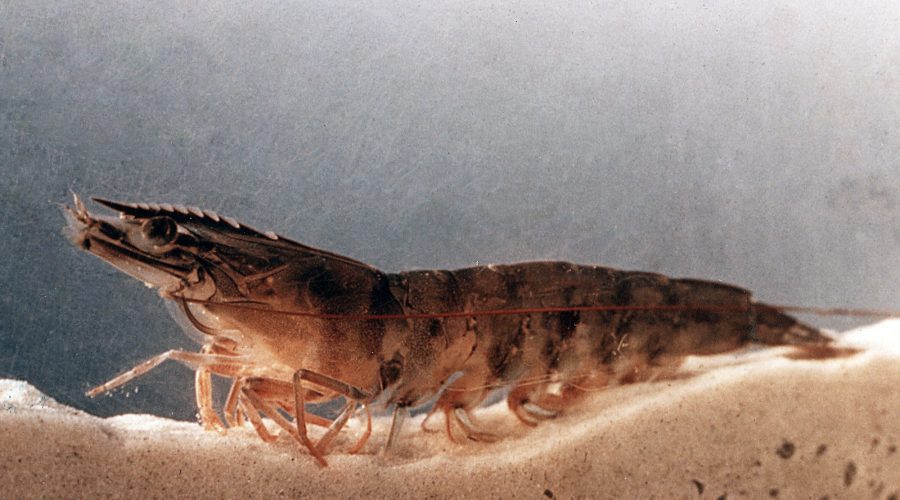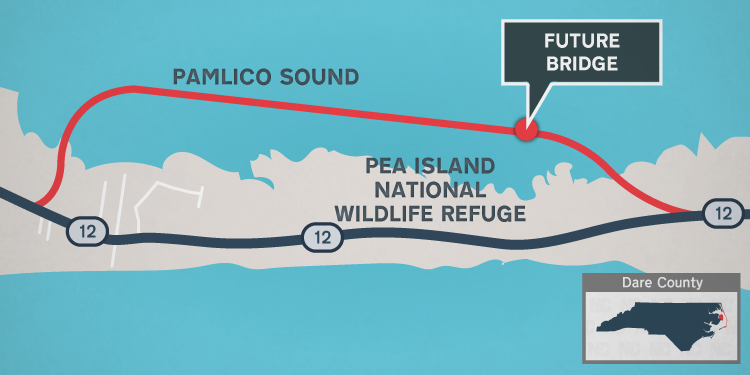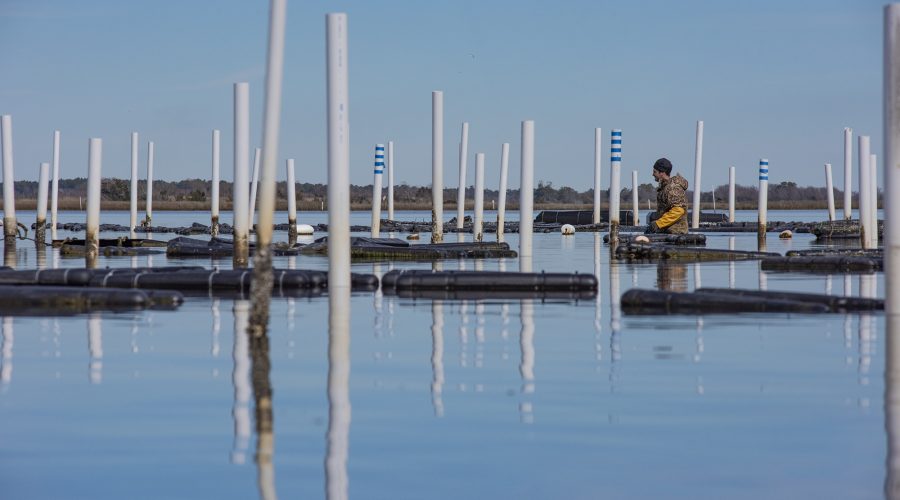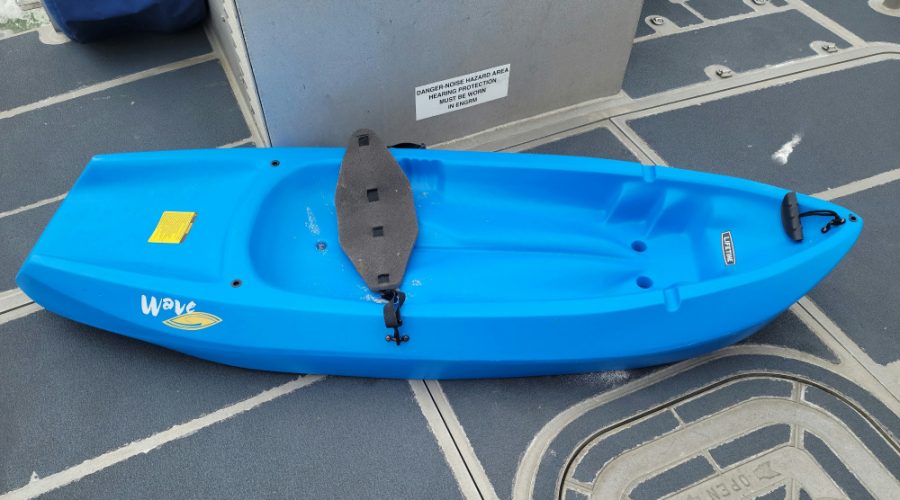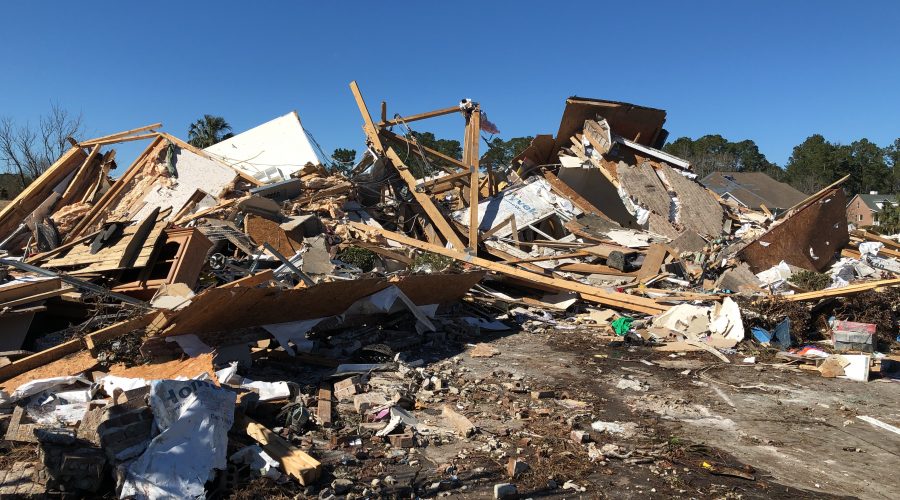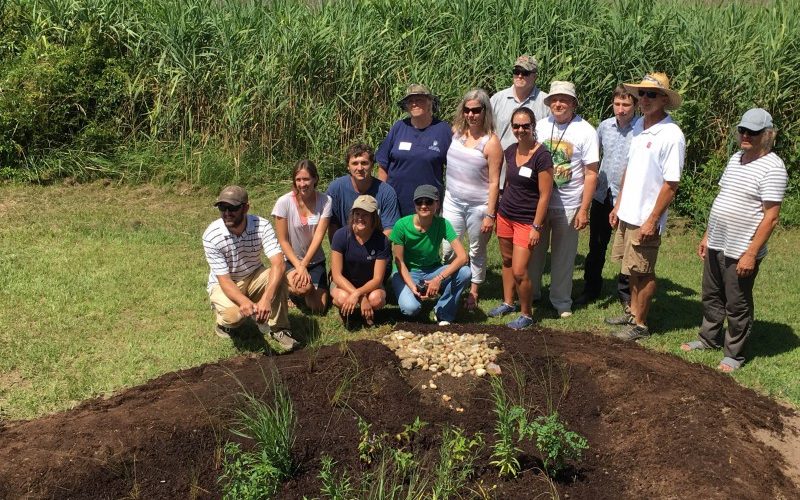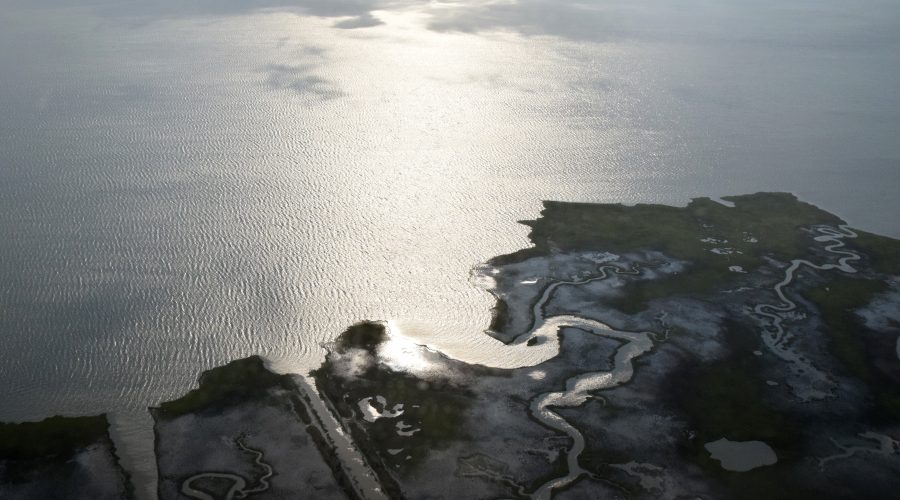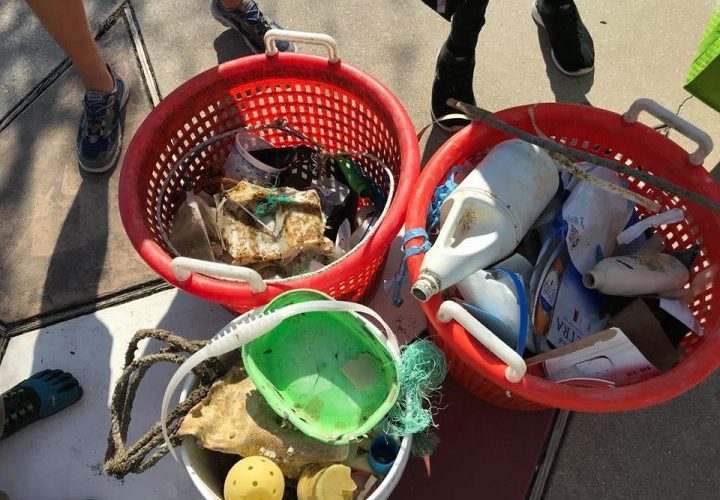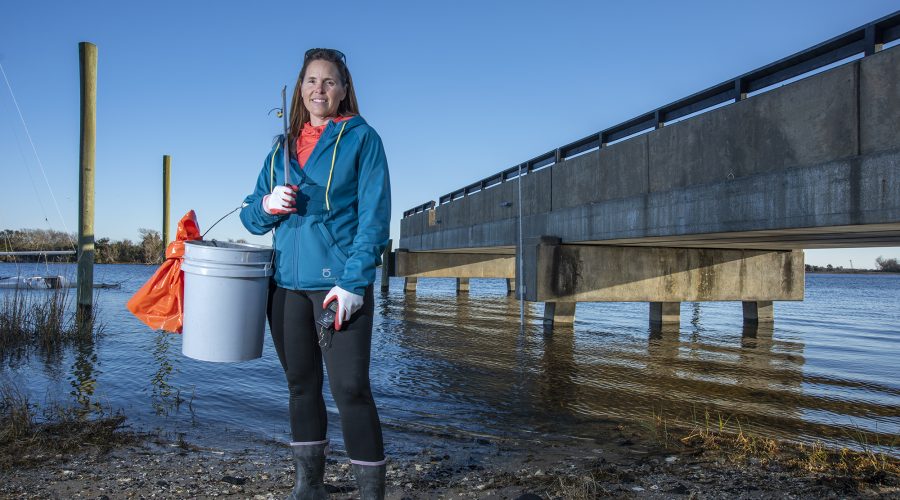The North Carolina Department of Transportation awarded a contract to a state-based construction company to replace two bridges in Craven County.
Archives
Highway Program Moves to Save Black Lives
The North Carolina Governor’s Highway Safety Program is highlighting the need to protect black lives behind the wheel by hosting a virtual talking session with local and state leaders.
NC’s Crustaceans, Shellfish Make A Big Splash
They might be relatively small — even jumbo shrimp — but shellfish and crustaceans are valuable fisheries in North Carolina, worth millions of dollars each year.
Rodanthe Bridge Project Update Planned
The North Carolina Department of Transportation is set to host an online meeting March 4 to give updates on the Rodanthe “Jug Handle” bridge project.
Engagement Key to Stump Sound Plan
A new project to improve water quality in Stump Sound includes a focus on community outreach about options for development that minimize polluted runoff.
State EJ Board Meeting Set for Monday
The N.C. Department of Environmental Quality Secretary’s Environmental Justice and Equity Advisory Board will meet online from 3-5 p.m. Monday for a panel discussion on public participation, engagement and outreach.
Coast Guard Seeks Owner of Lost Kayak
The Coast Guard is looking for the owner of a blue, Lifetime Wave kayak found Tuesday on the south end of Masonboro Island.
Severe Tornado Leaves Path of Destruction
The National Weather Service said the tornado that struck southwestern Brunswick County late Monday caused three fatalities and reached wind speeds of up to 160 mph.
Climate Change Interagency Council to Meet
The N.C. Climate Change Interagency Council will meet online at 10 a.m. Feb. 24 for updates on state building energy efficiency progress and transportation electrification efforts.
Budget Outlook Mixed; Coastal Bills Filed
Economic uncertainty associated with the coronavirus pandemic clouds what would be a rosy budget outlook, as coastal legislators seek funding for state attractions.
DEQ Accepting Water Quality Grant Proposals
Grant applications for projects to restore impaired and and polluted state waters will be accepted until midnight May 4.
Sea Level Rising More Rapidly: ‘Report Cards’
The recently released U.S. Sea-Level Report Cards from William & Mary’s Virginia Institute of Marine Sciences show that not only are seas rising faster, the acceleration rate is increasing.
Cooper Nominates Delli-Gatti for DEQ Post
Gov. Roy Cooper has named Dionne Delli-Gatti as his appointee to replace EPA nominee Michael Regan as the state’s environmental secretary.
Volunteers Needed for Eastern NC Cleanups
Cleanups of roadsides, beaches and parks are planned for March 13 in Carteret County and May 8 for the whole of eastern North Carolina.
Potential Tornado Causes 3 Deaths
Brunswick County confirmed three fatalities and 10 injuries associated with a potential tornado Tuesday morning in the Ocean Isle Beach area, the south end of the county.
Efforts On to Keep Litter Out of Stump Sound
Several efforts are underway to rid the area around Stump Sound of litter, just one aspect of addressing pollution of the state-classified outstanding resource waters.



